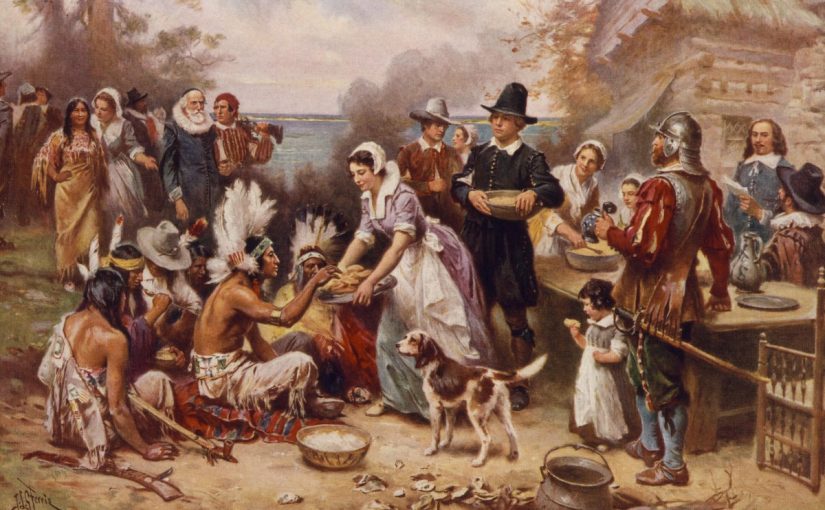Triggering Passages:
“Although I am trained as an Economist, I am not sure how to do it (full cost accounting). That is because I cannot account for the spiritual and cultural impacts of everything… Some economists describe this measure as unquantifiable” (LaDuke, 15)
“The intent is hyper-acceleration of resource extraction and development, and these are on indigenous territories, and the way to accelerate that process is to create legislation, and to have that legislation part of the instrument through which poverty is utilized. This is the old colonial model, which is having the veneer of consent. It is to manufacture it. To manufacture poverty and then manufacture consent.” (LaDuke, 137)
“Decades of depriving Native farmers of access to resources to capitalize their production formed many off the land, resulting in many non Indians having cheap access to tribal lands.” (LaDuke, 229)
“Cattle grew increasingly important in terms of food as the indigenous buffalo (or bison) that once ‘blackened the prairies’ quickly disappeared during the railroad’s westward expansion…. To gain land on which to build the railroads and graze cattle, it was deemed necessary to push out the Native Americans who lived on the land, and exterminating their primary food source- the buffalo- was considered a prime means to that end. With the buffalo gone, cattle assumed greater importance as a food supply.” (Newman, 96)
News Media Context:
“wildlife is being threatened. Last year it was reported that wild buffalo were being corralled and held behind razor wire fencing without food or water near DAPL, and that the construction company planned to kill the animals. Overall, the Standing Rock Sioux and the Cheyenne River Sioux tribes have believe that the pipeline and its construction threatens the tribe’s way of life including their water, people, and land.”
LaDuke’s words continuously stuck me with the feeling of an immense resentment toward the corrupt systems that benefit a greedy upper class, while enforcing systematic economic and social oppression. She exposes how these colonial strategies have sought to steal, deplete, and destroy natural resources that sustain indigenous communities. LaDuke presents a narrative that seeks to empower and give voice to indigenous activism. Her accounts of Native resistance and protest bolster the autonomy of Indian communities.
Although Newman touches on the histories which led to a colonizer economy based on commodity trading, her perspective seems out of touch with indigenous narratives. Newman glazes over how the extraction of indigenous resources affected native communities, and only provides a snapshot of how westward expansion of capitalism coincides with the erasure indigenous food systems.
The systematic oppression that Newman is referencing is still very much present in current day capitalism. The Standing Rock Sioux and the Cheyenne River Sioux tribes are fighting a pipeline that threatens indigenous autonomy. A pipeline that will pollute and inevitably destroy resources that support and maintain indigenous life, as well as economic prosperity within these communities, is being built to make a few already very rich individuals much richer. The epitome of colonial capitalism.
Works Cited
LaDuke, Winona. Chronicles: Stories from the Front Lines in the Battle for Environmental Justice. Edited by Sean Aaron Cruz. 1st edition. Spotted Horse Press, 2016.
Newman, Kara. The Secret Financial Life of Food: From Commodities Markets to Supermarkets. New York: Columbia University Press, 2012.
Why We Can’t Stop Standing With Standing Rock Now. (n.d.). Retrieved from http://www.onegreenplanet.org/environment/why-we-cant-stop-standing-with-standing-rock-now/

Glücklicherweise musste ich nur einmal 20 Euros nachwerfen. Jedoch müssen die Berichte nach einheitlichen Regeln aufgestellt sein,
damit diese Analyse zielführend erarbeitet werden kann.
Betrug wird dank der strengen Kontrollen somit rechtzeitig Einhalt geboten.